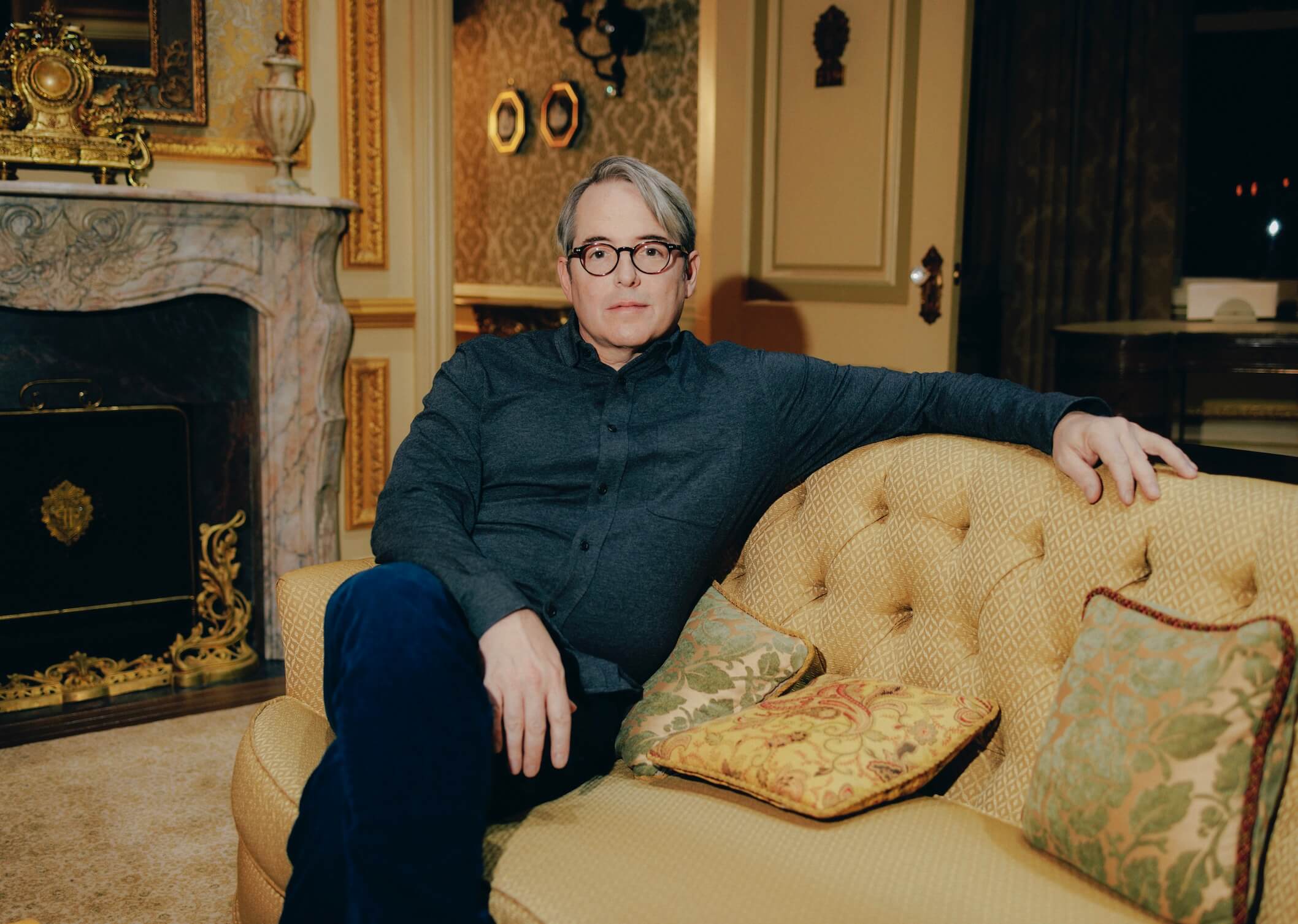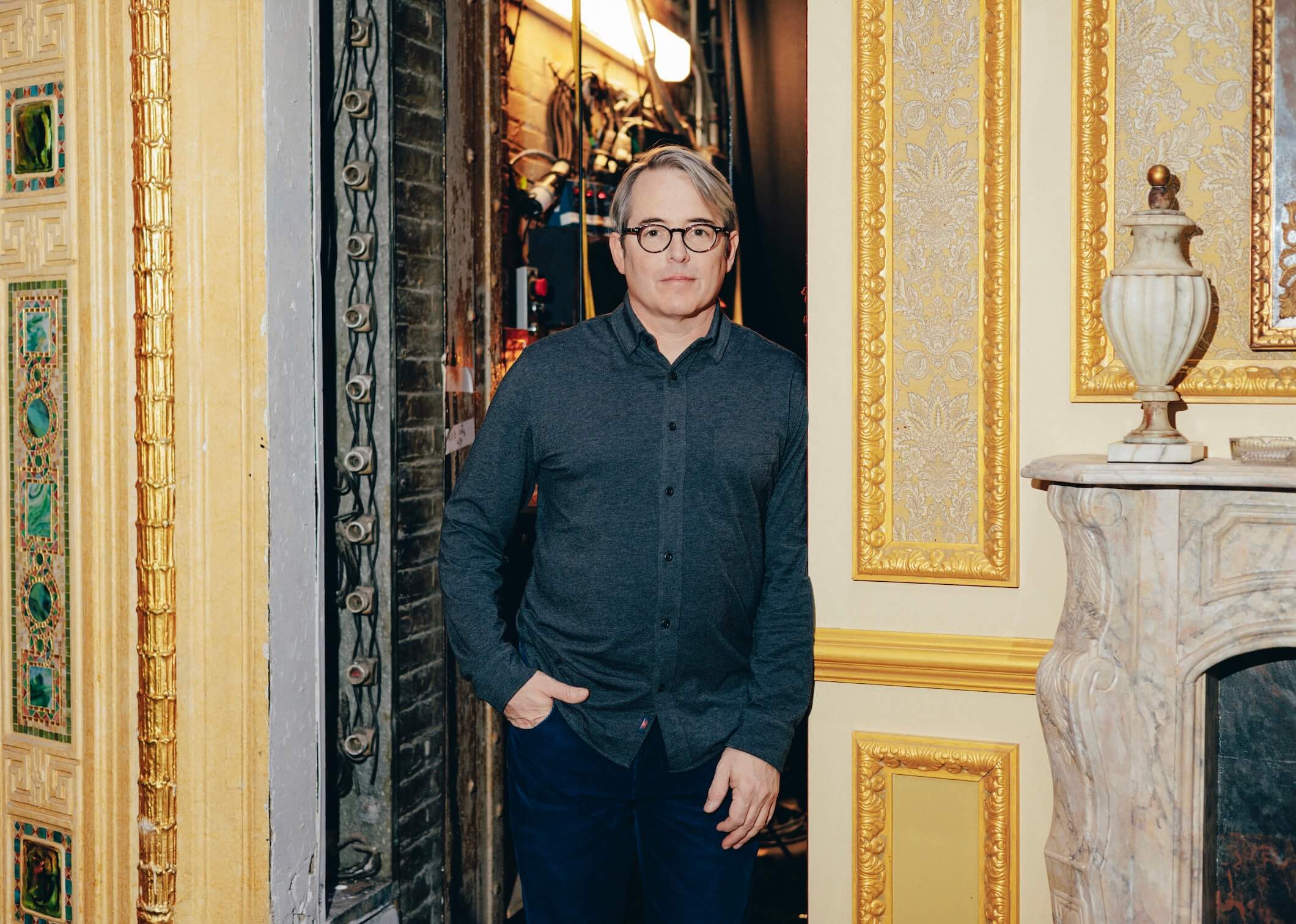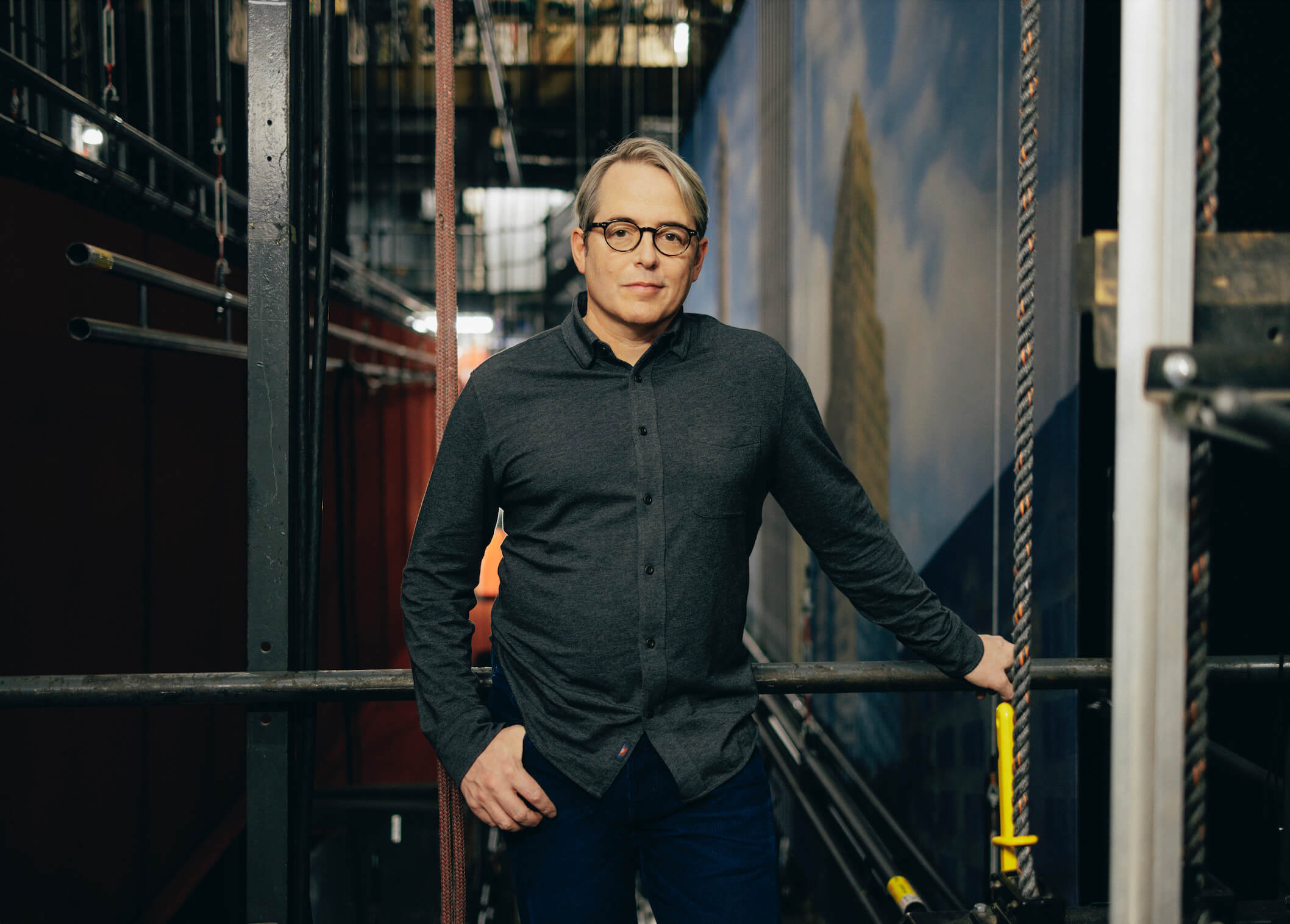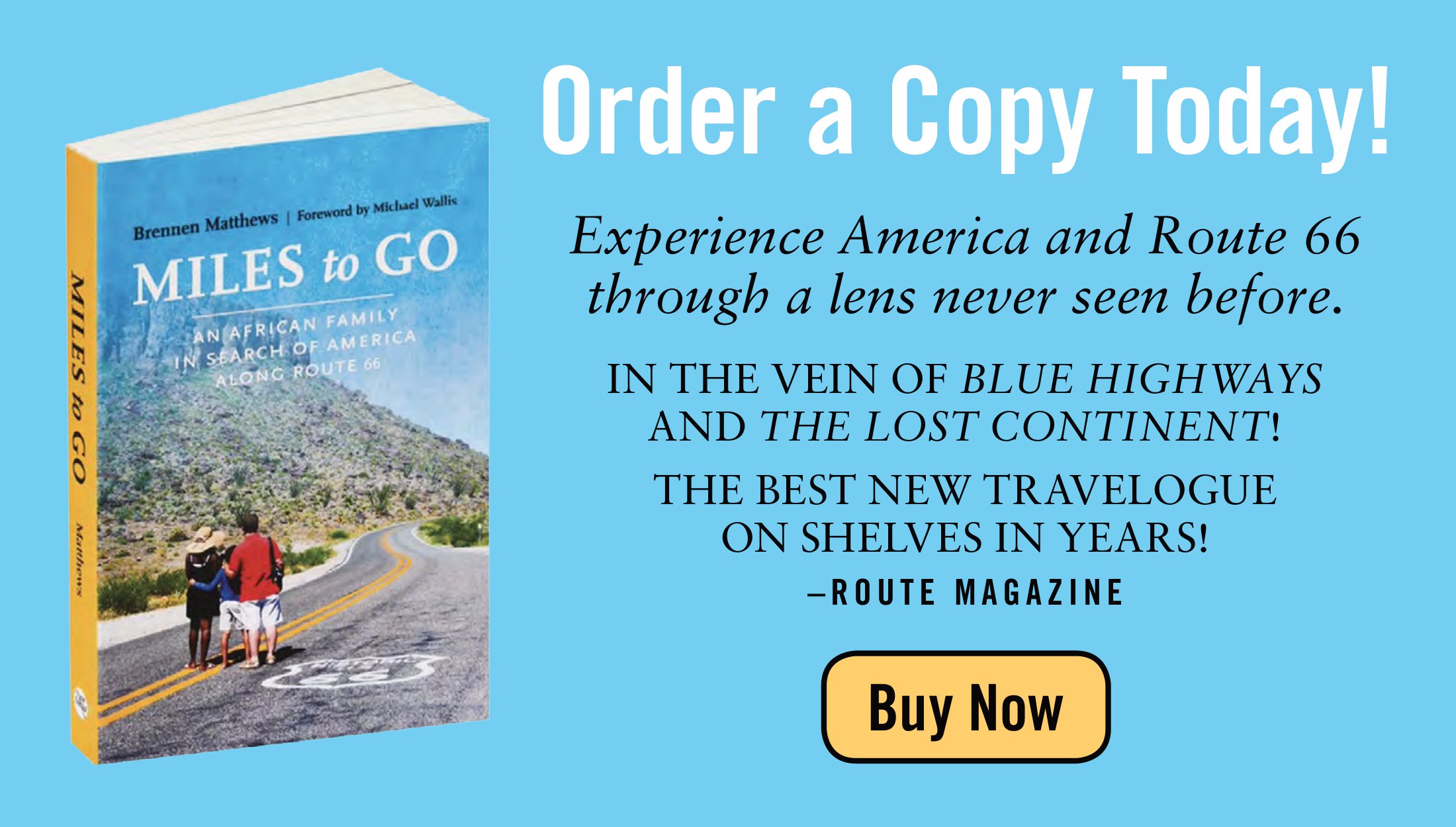In 1997, he married actress Sarah Jessica Parker, and they would go on to have three children, a boy and twin girls. In 2001, Broderick, starred opposite Nathan Lane, in the hugely successful Broadway play, The Producers. The play went on to offer over 2,500 performances and won a record-breaking 12 Tony awards.
Today, Broderick has over 83 credits to his name and is still busy in defining projects like the new Netflix limited series, Painkiller, a dramatic take on the opioid crisis that continues to ravage American society, and a number of promising feature films, proving that he is still as relevant as ever, and here to stay.
You come from a show business family — your dad was a well-respected actor, and your mom was a playwright — but you initially weren’t sure that you wanted to become an actor yourself. What made you decide to pursue the craft?
When I was little, around six, it was summertime and my dad asked me and my sister to be in a play with him. I don’t remember what play it was, but I think Frank Langella was directing it. My sister was like, ‘Sure!’ but I basically burst into tears because I was so petrified. I didn’t really have a desire to be in front of people. I was not a great reader, so the idea of holding a script, with everybody looking at me, was just not my thing. On the other hand, apparently when I was very little, I wrote on my library card as my profession: actor, so, some part of me wanted to be. (Laughs) Then I went to high school… I sort of picked that specific high school because they had a good theater, so I was thinking about it at 13 or 14, but then I didn’t audition for anything. I played sports and I hurt my knee — I had knee surgery when I was 15 — and I couldn’t play any sports that year, so I auditioned for A Midsummer Night’s Dream in high school, and I played the part of one of the mechanicals, which is a teeny part, but really funny, so it was a kind of a perfect beginning. I felt it went well, and from then on, I basically did everything I could in school, and that led to doing the play with my dad at HB Studio, a little off-off Broadway theater in New York City. It was a Horton Foote play. I was 17. When it was time to go to college, I decided that I wanted to try to be an actor instead, so I went to acting school. The deal was that I would try it for a year, and if it wasn’t going well or whatever, I would go to college. After about a year of disappointments, I got Torch Song Trilogy, which became a very successful play. And that led to me being more likely to get jobs.
When you were doing the play with your dad, was it more nerve-wracking acting with your father, or comforting?
It was kind of nerve-wracking; the whole thing was nerve-wracking. It was my very first play outside of school. My dad, who had always helped me when I was doing plays in high school, he would give me advice, decided not to do so for this play. He was like, ‘Well, I’m in this with you, so I shouldn’t be giving you direction.’ I remember we were playing a Southern family in 1918, with Texas accents, and he would just yell at me with this accent, and I just thought that it was silly, in a way, to see my dad so serious. So, I had a little trouble; it was almost harder for me to get into the role. But Horton Foote who wrote and directed it was extremely kind to me, so it was a pretty good introduction.
What was the transition from the stage to your first major film, WarGames (1983)?
Well, at that stage, I auditioned for absolutely anything. I was reading for plays, commercials, TV, movies... Herbert Ross, who was directing a play called Brighton Beach Memoirs, and doing a Neil Simon play… I auditioned for that like five or six times. And the last day I auditioned was on a Broadway stage and they said, “Come back and audition with the guy playing the brother, we want to see how you look together,” and then they said, “By the way, Herbert is doing a movie: Max Dugan Returns, can you read for that too?” I said, “Can I read the script?” And they were like, “Just read.” And I was like, “Well, I have to go, I have another appointment,” which I don’t think was true, but I wanted to have a peek at the script, so they let me take it. Later, I sat with Herbert in the audience of this Broadway theater where I was auditioning for Brighton Beach [Memoirs], I just sat next to him in this seat and we read through all the scenes in Max Dugan Returns, and then I auditioned again for Brighton Beach, and then when I was leaving the theater they said, “I’m not supposed to tell you this, but you got both parts.” So, I got a lead in a Broadway show and my very first movie. I don’t know how that happened, but that’s what happened. I had been reading for this movie called The Genius which became WarGames… I read for that one a billion times, too. It kept falling apart. I don’t know what happened, but then suddenly I’m in Max Dugan Returns and I’m a little more attractive, you know, and they came and looked at some footage from Max Dugan, the director of WarGames came and looked when we were in LA, and he liked it and cast me.
You know what’s interesting about WarGames? If you look at a lot of the other movies that came out that were sci-fi from that era, most of them don’t hold up. But WarGames is still a great film today.
Yeah! I haven’t seen it in a long time, but I talked to one of the creators of it the other day actually and he was saying how it’s still going on, the fear, in a different way, with artificial intelligence, and Joshua (supercomputer in WarGames). It’s sort of the same story. Yeah, the computers certainly look ancient in the movie, but the issues in that film are still going on.
A few years later, in 1986, you landed the lead on one of the decade’s most iconic films, Ferris Bueller’s Day Off. When you were auditioning for Ferris Bueller, did you have any conception that it was going to turn out to be such a classic film?

No, I had no idea. I was doing Biloxi Blues on Broadway at the time. WarGames and Brighton Beach had come out and I was actually being sent a lot of scripts at that time. So, there came Ferris Bueller, and everybody was like, ‘It’s John Hughes! He’s the Steven Spielberg of teen movies. You have to work with John Hughes!’ and I of course hadn’t really seen any of his movies. I had to go to Blockbuster or whatever it was before Blockbuster and rent Sixteen Candles. Actually, I might have seen The Breakfast Club at the theater, I don’t remember, but I rented these movies and then I watched them, and they were really great. But I didn’t really know what to do. I had done two plays where I talked to the audience and Ferris Bueller talked directly to the audience, so I was like, maybe I shouldn’t be talking to the audience again, you know? I didn’t know if it was a good idea. But my manager [at the time] flew to New York and was like, ‘You’re not not doing it!’ He convinced me, and he was right. I met John and I really liked him, and that’s how it happened. But I didn’t know that it would last at all, I had no idea. But then 40 years pass and suddenly it’s the defining moment of a time and all that, but we had absolutely no idea when making it.
WarGames put you in front of a younger, wider audience than theater, and then Ferris Bueller hugely built on that and became an audience favorite really fast. Did you get a lot of fame and recognition on the streets at this time? How did you handle it?
It happened a little bit gradually, but certainly after that movie it went up. I was working so much that I almost didn’t notice. I mean, I kept being in other states and shooting. But yeah, you know, when it starts out, you’re so happy, because you get a great table everywhere, you have all this money in your pocket, girls who didn’t used to like you now think that you’re the greatest thing, and it seems great. But then… I had a very strong family, and I had a father who’d been an actor, who’d been somewhat famous too, he was in a show called Family, when I was a teenager. At that time, everybody kept coming up to the table when we were eating and telling him that they liked him, and that annoyed me when I was young. So, at first it seems great, but then you start having a similar conversation over and over again with strangers, and it’s not that they’re bad, it’s just that they’re kind of the same.
You and Sarah Jessica [Parker] have always been a very private couple.
Yeah, we do try to be. Sarah Jessica is super famous. That’s another level that I’m not. Even when I was in the 1980s, with Ferris Bueller, it wasn’t like there were paparazzi standing around my apartment. If I didn’t go to certain places where that happened, it didn’t. I was left alone, totally. I’ve always gotten around New York just fine. But once I got with Sarah Jessica, yeah, we’ve had our periods of incredible scrutiny.
You and Sarah Jessica are coming up on almost 30 years of marriage. Marriage takes a lot of work, but what would you say, as a husband, has kept you guys together for three decades?
Man, it sounds terrifying when you say it that way. (Laughs) I guess, you know, when we have problems, we’ve managed to get through them. I guess we must, deep down, be well suited, it has to be admitted. It happens one day at a time as they say. It happens… 30 years happens. We take care of each other in some way. I think, even if we’re pissed off or annoyed by each other, we always want the best for each other. I feel very supported, and I think she feels that for me, and even if she wants to hit me with a 2x4 once in a while, she doesn’t. And she knows I have her back; she always has my support.
Right around the time that Ferris Bueller took off, the ‘Brat Pack’ phenomenon also became a thing. Ally Sheedy who was on WarGames with you got swept up into it, largely because of The Breakfast Club, and others like Emilio Estevez, Judd Nelson, Rob Lowe, etc. How do you think you escaped getting pulled too much into that?
You know, one thing, I wasn’t in those big ensembles… I think if you were in The Breakfast Club or St. Elmo’s Fire, you were f**ked. But I also lived in New York, so I didn’t know a lot of those people [Rob Lowe, Emilio Estevez]. I knew Ally. I know Andrew McCarthy now; we worked together after that. I think he’s a great fellow. I’ve met Emilio. I’ve met everybody after a while, that’s how it is, and I like and respect all of them and always felt bad for that situation. I love Molly Ringwald; I still know her. She had her own battles. They got so famous, some of them, so fast. It’s not easy.
Is it true you were offered Family Ties but turned it down?
Yes, that is true. I auditioned for Family Ties, and I got the call that I got the part, not realizing I had signed an agreement that said that by auditioning, I was agreeing to do the show, which I did not really understand at the time. Anyway, at the same time I got Brighton Beach, a Broadway play, and I was up for WarGames, and I had a feeling that I might get WarGames. I loved Family Ties, but do I really want to move to LA now? My dad is sick. Do I want to tie myself to a television series or do I want to make this Broadway debut that I’m close to being cast in? I had to do a little gamble. It was like, ‘Do I want to roll the dice on Broadway and a movie? Or do I want to take Family Ties?’ That was the decision I made. It was a terrifying decision. I walked all over New York City trying to figure out what to do.
The interesting thing back then was that if you did network TV, you rarely made it to the big screen.

Yeah, it was like ‘You’re gone.’ But look at Michael J. Fox, so it wasn’t fully true.
And Michael was so good in it.
I’ve known him for 40 years. The way he has met this moment so beautifully, I mean... It’s awful what’s happened to him [his Parkinson’s diagnosis], and to a lot of people, but he doesn’t seem to see it that way, and he’s just made it into… he’s just great. He’s an amazing, incredible person.
So, I recently rewatched Glory (1989). I’d not seen it in years, but it’s still a great movie. The Civil War was just a horrible war, terrible. What drew you to the picture?
Well, I got sent a book that it was based on, I’m not even sure that there was a script when I first… Freddie Fields, the legendary producer, who had worked on WarGames too, sent me a book with pictures of Robert Shaw and the 54th [Massachusetts Regiment] and I guess maybe a script already. I didn’t know about it, and I was shocked that it wasn’t more famous. So, I was very interested. It seemed like such an exciting thing to do. Then Ed Zwick came on and it just went step by step. I didn’t have an overall career path planned. I’ve never really had that. I just did whatever seemed the most interesting thing to come my way. I just try and pick the best ones.
When you came on, were Morgan Freeman and Denzel Washington already part of the cast? What was it like working with them?
I don’t remember, but it was fantastic. I was so thrilled that those two were involved in it though. Morgan was already legendary, and I was so happy to just get to know the guy from The Electric Company. I loved him, and just wanted to be around him all the time. Denzel was more of an up-and-comer, we both were at that time, but then he shot off. I got along great with him. Every now and then I still run into Denzel and I’m always so happy to see him. He’s one of the greatest actors alive, but he’s also a very normal guy. He was a good gossipy actor friend when we were working together. We both b*tched about the same things which was nice. (Laughs)
My dad was killed in a road accident when I was 17 and now, even at 49, that painful memory still rears its head at times. It’s certainly impacted how I’ve parented. My son is 15 now, and as he gets closer to 17…
Yeah, I know that feeling.
Your dad died when you were 20, so you were pretty much around the same age, on the cusp of adulthood. Were you and your dad close?
Very close. Yeah, I had gone into his business and even before that we were always… I was the only boy, and me and my dad were extremely close. He died of thyroid cancer.
How long was he sick, as far as where he knew he was terminal?
Well, the kind he had is very unusual and they kind of understand the minute that they know that it’s basically hopeless, which is very unusual for thyroid cancer. So, they knew that he had a very poor chance as soon as they did a biopsy. He lived about a year, which is what they said he would.
You stayed really busy after he died. Other people would’ve shut off, maybe set their career aside because they couldn’t focus on something else, but you got deep into work.
I didn’t do that consciously. I was in the middle of shooting WarGames when he died… It wasn’t a shock, you know? He was very ill. I flew home, then I flew back and shot the rest of it. You can’t stop shooting a movie. I guess you can, but I didn’t. And I had other jobs still scheduled and I just kept going. I didn’t think, ‘I better stop working and grieve’ or whatever. It never occurred to me. I just kept working. And probably, secretly, and in some ways, I liked that, because it got me out of some thinking. You kind of want to have a distraction and to be busy, but it doesn’t mean that it doesn’t gradually creep up on you anyway.
You have three children now, a 20-year-old and two 13-year-old twins. Has the way you were raised influenced much of how you parent?
I mean, there’s things that I think I’ve gotta not do, because my parents did them, and I don’t agree with them, but even when I think that, I end up doing exactly the same thing! (Laughs) It’s like… things about my dad that I really didn’t like, I find myself doing the exact same things with my son. There are some things that I try to avoid that I remember from growing up and there are a lot of things I’ve learned from my parents that I try to pass on. My kids didn’t meet their grandad, or their grandma really, so I try to keep my old days alive. I want them to have that influence. And I try very hard not to die while my son is 20. I’ve almost managed. (Laughs)
Isn’t it amazing how once we have kids, suddenly we get that fear that we may not get the needed time? The fear just comes out of the woodwork. You might not think about it and then suddenly, when you’re a dad, it’s like, ‘Oh jeez.’
Yeah. Having kids makes you much more aware of the calendar, I think. They keep graduating, they keep going to their next year in school, and you look ahead and think, ‘When did they leave home?’ You can feel time passing when you have kids.
You have lived in New York most of your life. Have you and the family ever explored America from behind the wheel?
No, I don’t think we have. We’ve done a lot of traveling as a family, but rarely all packed into the car. We’ve probably driven up to like Rhode Island or Maine, we’ve done that a few times. None of us have ventured to like Chicago or gone on a real drive. I think a drive like that when the kids were little would have been particularly… I don’t know how families do it. But we’ve been to Utah, my daughters are in Alabama right now on a school trip. We go to Europe a lot. I’ve worked all over the country, which is one of my favorite things about being an actor. I’ve worked in Waxahachie, Texas, I’ve worked in Buffalo, New York, I’ve worked in Toronto a million times, in Vancouver, LA, San Francisco, Seattle, Chicago, Arkansas, so I’ve gotten to learn about a lot of places.
Matthew, you’re in your 60s now. Is it a significant milestone for you? Have you hit much of a mid-life crisis, or is this just another decade, another birthday?
Well, I think my mid-life crisis is supposed to be behind me now. (Laughs) I don’t know, I don’t feel particularly, I mean, being 58 stinks too, you know? There are some good things. I feel a little more settled, not quite as frantic, hopefully, as I was. I think that when you get to this age, you start to be a little more… I just want to have good health to tell you the truth and I feel very lucky so far. But Sarah Jessica and my kids are alright, those are my big worries. I don’t have a great philosophy about being 60, you know? It’s kind of scary when you think about it, but what are you going to do? It happens to everybody.

